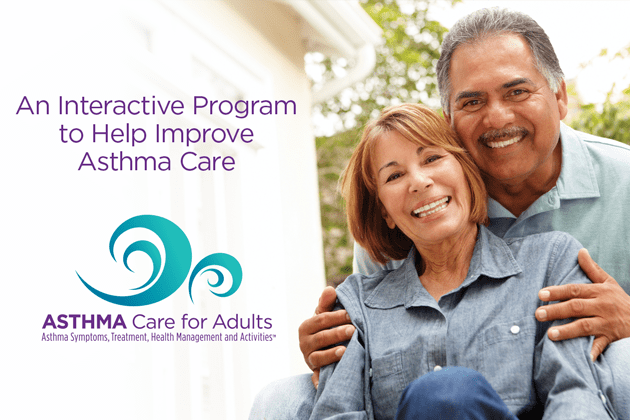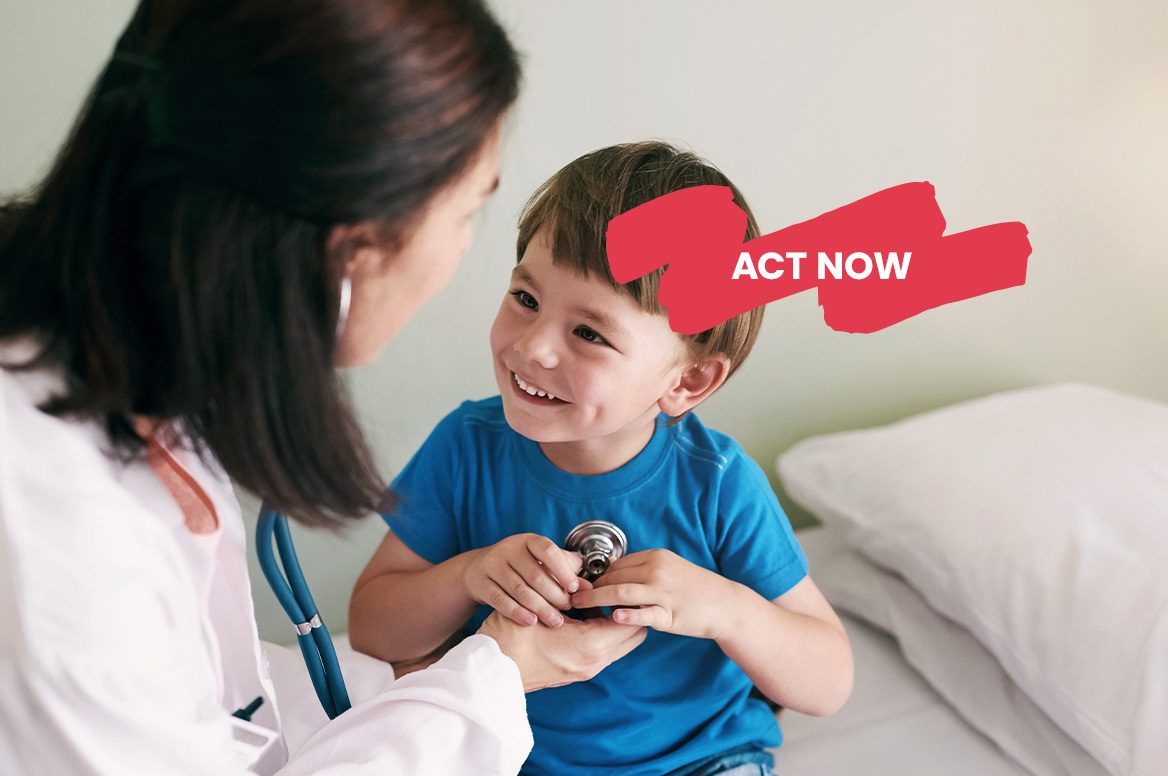Asthma
Food
For some people, there may be an indirect connection between food and asthma. Food is not a common asthma trigger. But your asthma can be affected by eating. Asthma can also affect how you react if you have food allergies.
Sulfites
For some people, they may notice certain foods bother their asthma. Sulfites, a type of preservative used in foods, can trigger asthma if you eat high amounts. High sulfite foods may include:
- Dried fruits and vegetables
- Packaged potatoes
- Wine and beer
- Bottled lime and lemon juice
- Shrimp
- Pickled foods
Food Allergies and Food-Induced Anaphylaxis
If you have a food allergy, having asthma can make allergic reactions worse. If your health care provider has said you have a food allergy, then staying away from the food is the only way to prevent problems. Visit Kids With Food Allergies for more information that applies to children as well as adults.
Mild and severe symptoms can lead to a serious allergic reaction called anaphylaxis (anna-fih-LACK-sis). This reaction usually involves more than one part of the body and can worsen quickly. Anaphylaxis must be treated right away to provide the best chance for improvement and prevent serious, potentially life-threatening complications.
A severe food allergy reaction can cause trouble breathing. It may be hard to know if you are having a food allergy reaction or an asthma attack. Here are some ways to know the difference:
- If you are only coughing, wheezing or having trouble breathing, and do not have any symptoms from other body systems, it’s probably asthma. Follow your Asthma Action Plan.
- If you had asthma symptoms before eating food, it’s probably asthma. Follow your Asthma Action Plan.
- Food allergy symptoms usually come on quickly, after you eat the food you are allergic to.
- Severe allergic reactions involve two or more body systems. An allergic reaction may involve breathing difficulties, hives, swelling, itchy mouth and throat, nausea or vomiting. Follow your Anaphylaxis Action Plan.
If you have a food allergy, remember:
- Always carry two prescribed epinephrine auto-injectors.
- Ask your health care provider to help you create an Anaphylaxis Action Plan, which will tell you what to do if you have a severe reaction. You can find a sample plan on Kids With Food Allergies.
- Train trusted friends, family and co-workers on how to use an epinephrine auto-injector in an emergency and have them practice regularly.
- If you are having trouble breathing and aren’t sure if you are having an allergic reaction or an asthma attack, treat it like a food allergy reaction and use your epinephrine auto-injector.
Medical Review August 2018.

KFA is dedicated to saving lives and reducing the burden of food allergies through support, advocacy, education and research.

Knowing how to manage asthma is important for better health and quality of life. We offer an online course called ASTHMA Care for Adults. This comprehensive program covers a full range of topics everyone with asthma needs to know. This self-paced online course is presented in different formats, such as videos, animations, handouts and more.













